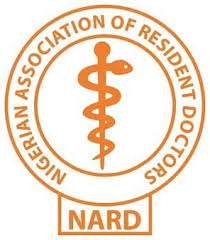The Nursing and Midwifery Board of Ireland (NMBI) today announced that it would immediately apply amendments to its International English Language Testing System (IELTS) and the Occupational English Test (OET) requirements for nurses and midwives who did not complete their qualifications through English. These amendments, which are the result of a review that began in 2019, better relate to requirements for day to day practice while ensuring that the appropriate standard of English language is still achieved. They also bring Ireland in line with other international health regulators who have also recently reviewed language standards.
We have reviewed a number of approaches and protocols at NMBI over the last 12 months and I am delighted that the language review which has now been approved by the Board could benefit many nurses and midwives of quality who want to register to support the fight against COVID-19,’ said Sheila McClelland, CEO NMBI. ‘We have decreased the writing score by 0.5 and believe that the application of this will not compromise practice. There is evidence in the UK and further afield that our amendments will provide a positive result.
In consultation with our stakeholders across the sector, we intend to review these changes in protocol in 12 months’ time and based on this we will maintain our approach or revert to previous standards. Our objective is to always review best practice and the experience of those who implement it. We also believe in reviewing protocols as appropriate and within reasonable timeframes,’ continued McClelland.
Under the previous system applicants were required to achieve the IELTS Academic Test Level 6.5 in reading and listening, and a 7 in writing and speaking, in a single sitting. Under the new protocols the NMBI requires scores of 7 in listening, reading, and speaking but a 6.5 in writing. Regardless of the recent amendments, the overall IELTS required score of 7 remains. We believe that the decrease in writing level from 7 to 6.5 will enable suitably qualified nurses and midwives to enter the Irish system. OET score requirements reflect a similar decrease in the writing requirement (please see tables in notes).
IELTS and OET are well-established and internationally recognised methods of testing English language ability and are used by many healthcare regulators in English-speaking countries. IELTS and OET scores that NMBI will implement from today are achieving positive feedback among our peers in the UK and internationally.
Ends/




